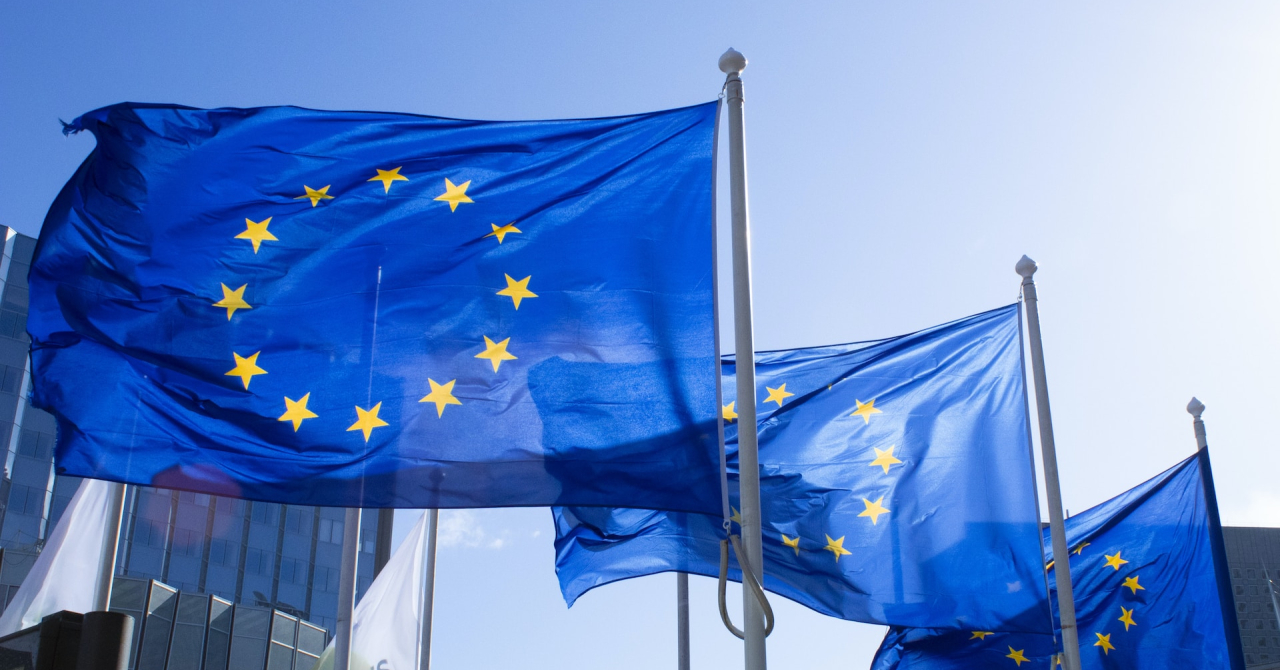Reuters writes that 2005 was the year when the world's first major carbon trading system was implemented, which forced power plants and production facilities to purchase CO2 permits whenever they released carbon emissions. This led to a 43% reduction in greenhouse gas emissions from these sectors ever since.
Now, EU representatives approved a deal made last year by negotiators, which implies cutting CO2 emissions by 65% before the next decade compared to 2005 levels.
24 of all EU countries voted with regards to the approval of the reform and out of them, two voted against it, Poland and Hungary, while other two, Belgium and Bulgaria, abstained from it.
The new reform aims to increase the price of the polluting industries, including aviation, cement manufacturing and shipping, while at the same time increasing billions of euros through the sale of carbon permits, which can be used by governments for green investments.
The new agreement aims to see a decrease of CO2 emissions by two-thirds before mid-century, which could provide air quality improvements, as well.
Regarding CO2 permits, the aviation industry will lose its free available ones from 2026, while heavy industries will lose theirs from 2034, increasing their pollution-related costs.
Because many were anticipating the reform, the price for carbon permits increased steadily, reaching 88 euros per ton recently, over three times the value registered back in 2020.
 Mihai - Cristian Ioniță
Mihai - Cristian Ioniță












Any thoughts?